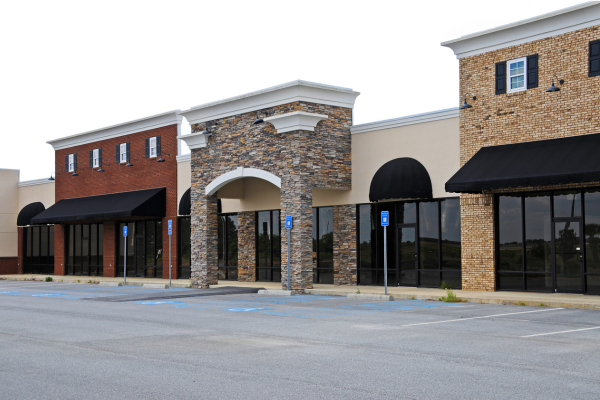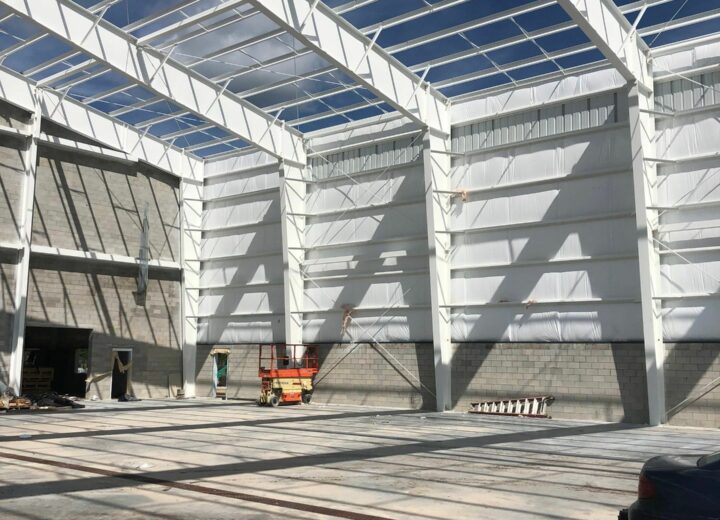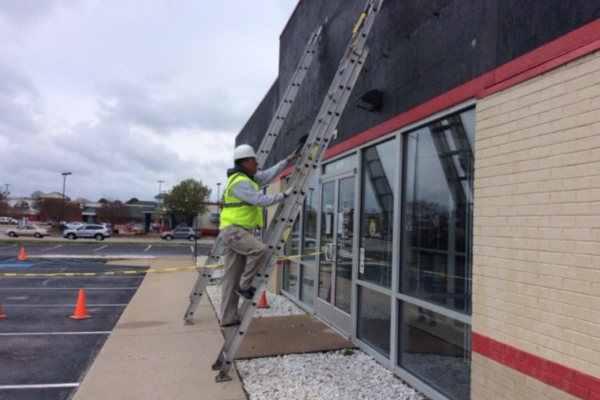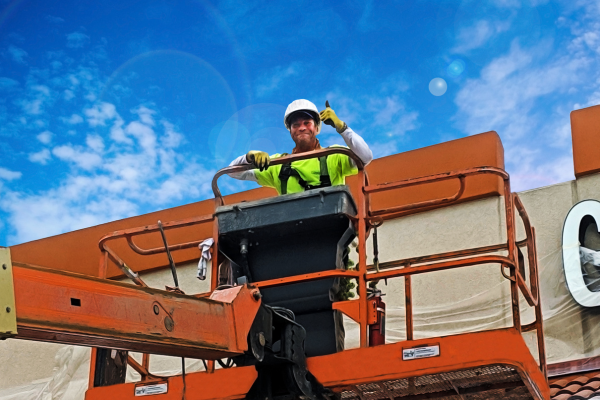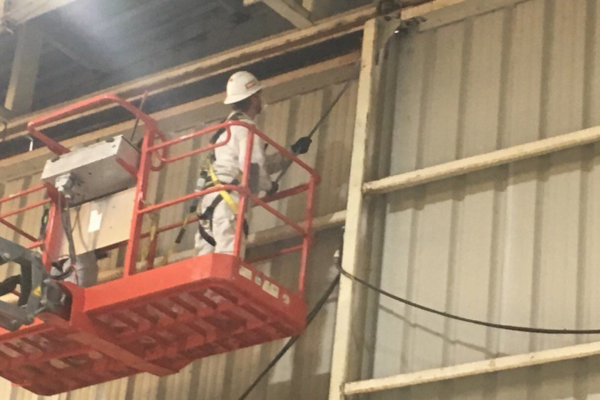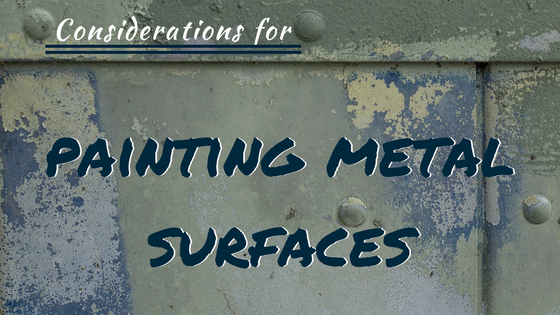
Whether we refer to metal structures and components in commercial or industrial settings, considering several aspects in relation to each painting project is vital, as they’ll affect the performance of both coating systems and substrates.
To help with your process, here are our top considerations for painting metal surfaces.
Metal Surface Preparation
From construction to medical fields, nearly every commercial or industrial facility needs surface treatment solutions for metal structures and components.
Selecting the most appropriate surface preparation methods, metal coatings and painting techniques plays a very important role in obtaining a top coat that can withstand environment-specific stressors, while improving the appearance, life expectancy, reliability and total cost of ownership of metal components, equipment and machinery.
Metal Coatings
The metal coatings available nowadays are divided into the following categories:
- Solvent-based coatings – Applied to properly prepared surfaces and according to manufacturer’s instructions, solvent-based coatings form a resilient, flexible film that’s corrosion resistant and has a long lifespan. Properties like great color and gloss retention, fast drying, excellent application and adhesion make these coatings ideal for application to steel, zinc, aluminum and other metal surfaces. Some of these coatings can be used as base coats, intermediate coats, top coats and/or single-coat systems.
Paint and coating manufacturers also make available a variety of solvent-based epoxies. As these two-component coatings have superior film-building characteristics, they provide better protection against abrasion, chemicals, fuels, salts, and water.
- Water-based coatings – Water-based metal coatings provide durable, non-chalking and easy-to-clean finishes that can protect metal surfaces against weathering, mechanical and chemical stresses. New developments have enabled manufacturers to produce water-based coatings that can meet different performance requirements. Having lower levels of VOCs compared to solvent-based products, water-based coatings are often preferred due to their environmental friendliness.
- Powder Coatings – Predominantly based thermoplastic or thermosetting polymers, powder coatings provide attractive, highly durable finishes that are also desirable from an ecological standpoint.
- Porcelain Enamel Coatings – These coatings form a mechanical and chemical bond with metal substrates, creating long-lasting films that enhance the mechanical properties of steel and provide enhanced protection against climatic, chemical and mechanical stresses.
Fulfilling various application conditions, metal coatings are widely used across indoor and outdoor painting projects, including steel structures, bridges, handrails, storage tanks, cisterns, agricultural machinery, sewage purification plants, cranes, haulage equipment, conveyors, buried or immersed metal structures, and other applications where good adhesion and corrosion resistance are critical.
Coating Technologies
Nowadays, several technologies exist to coat metal surfaces. These are:
- Electroplating – Electroplating involves using an electric current to deposit a thin layer of metal onto the surface of another metal. Electroplating can be used to plate different metals, including copper, zinc, tin, chromium, cadmium, lead, nickel, silver, gold and platinum. This technology is mostly used for decorative purposes and corrosion protection.
- Anodizing – Anodizing defines the process by which a layer of oxide is formed on metal surfaces. Besides increasing resistance to corrosion, anodizing provides a decorative and durable finish. This technology can only be used for nonferrous metals, such as aluminum, magnesium and titanium.
- Galvanizing – Primarily intended to prevent corrosion and rusting of steel, galvanizing entails dipping steel components into molten zinc, at high temperatures. As iron reacts with zinc, a tightly bonded alloy coating forms on the surface of components.
Combining specialist coating knowledge with extensive experience across the painting industry, Performance Painting Contractors provides a wide variety of industrial and commercial painting services. Specifying the right surface prep methods, metal coatings and application techniques for each paint job, our experienced industrial and commercial painters can significantly simplify the complexities associated with painting projects.

